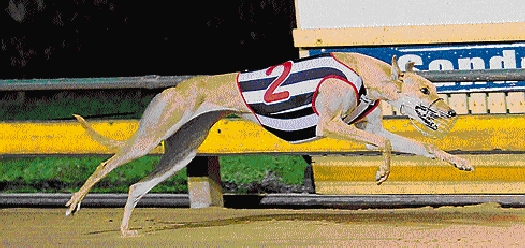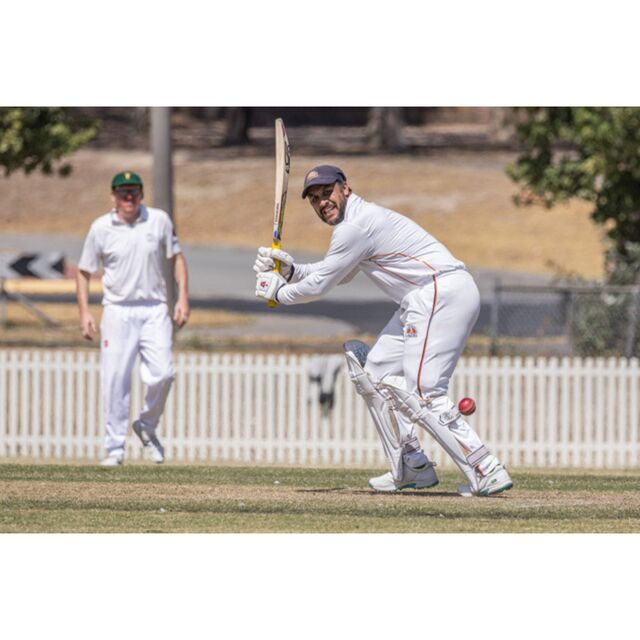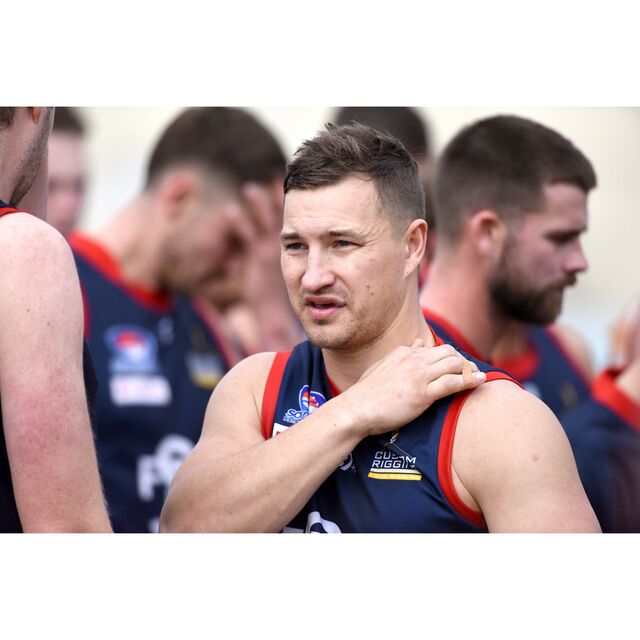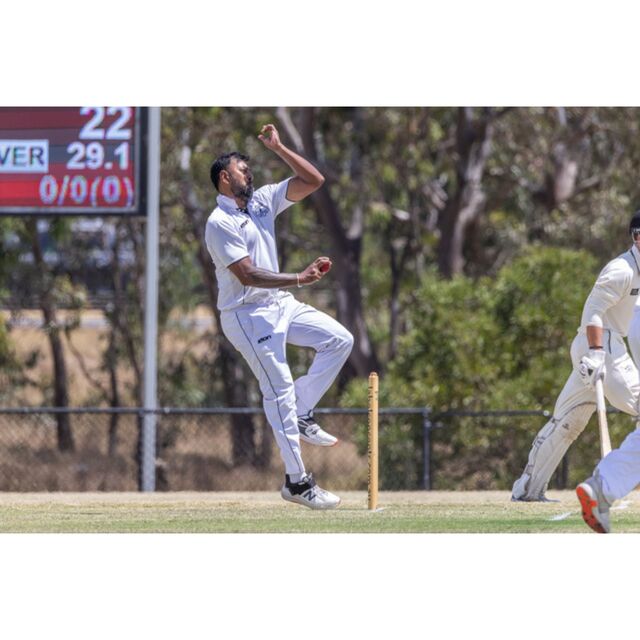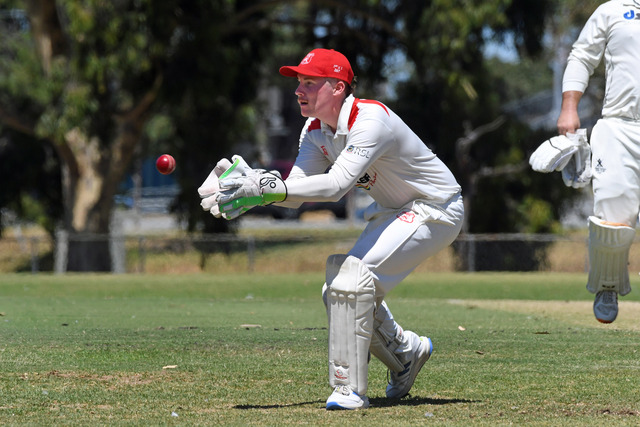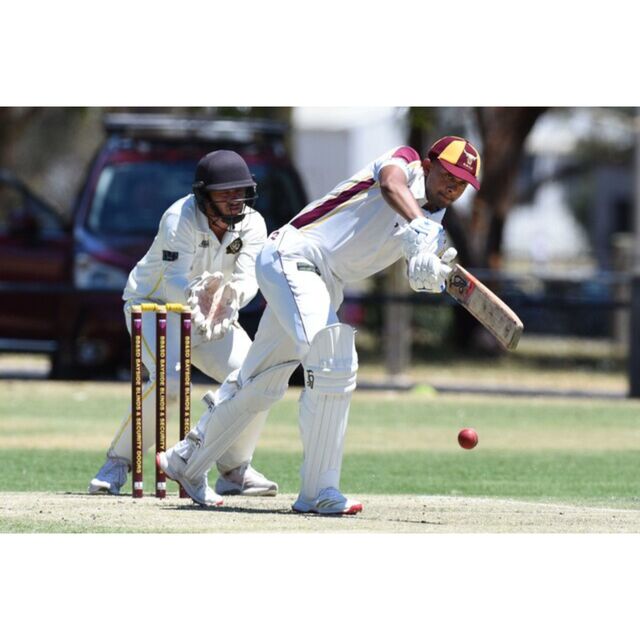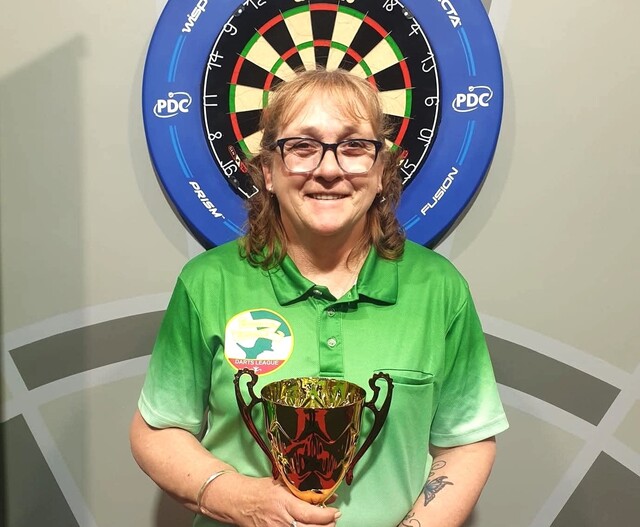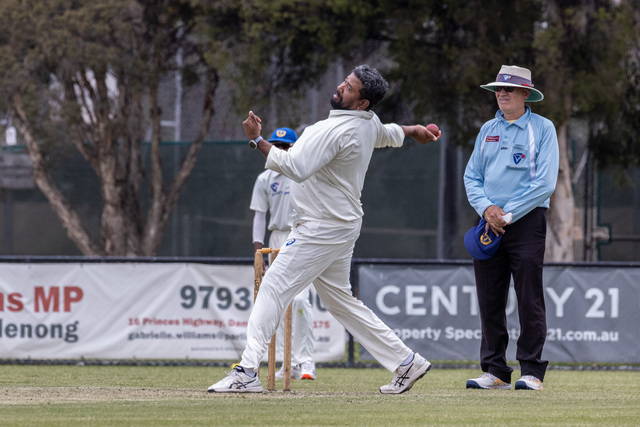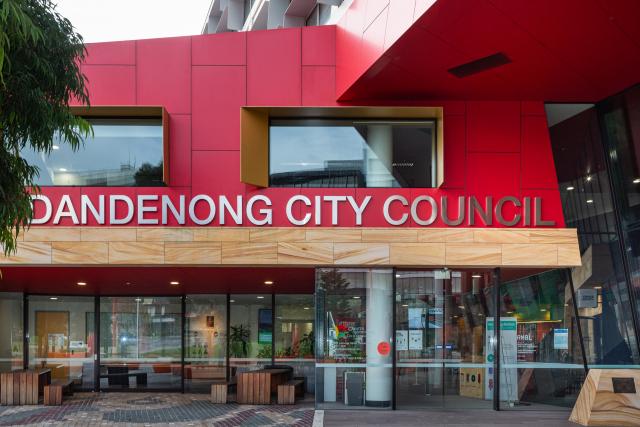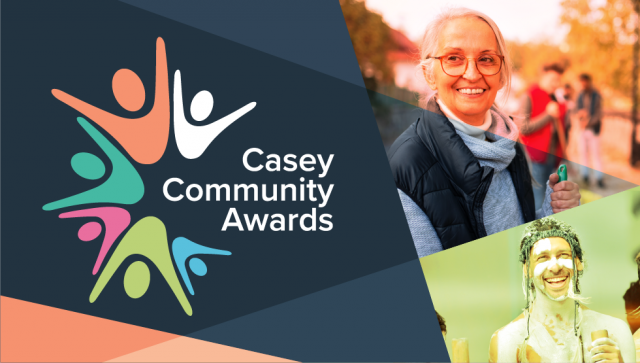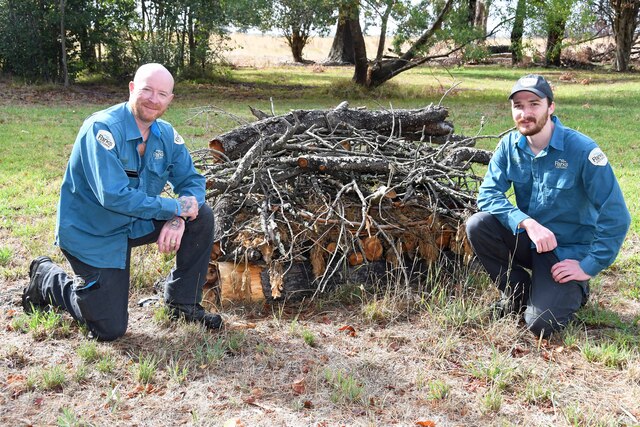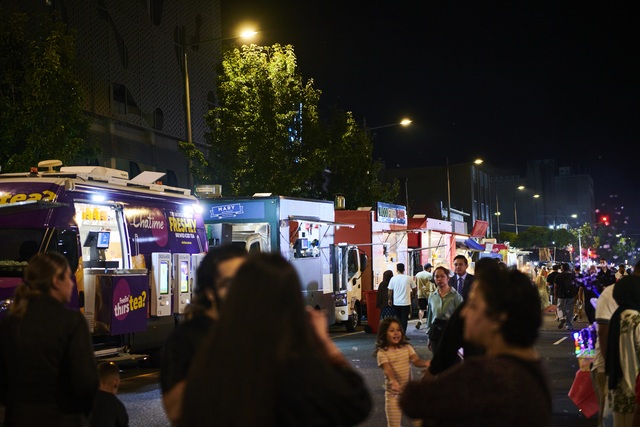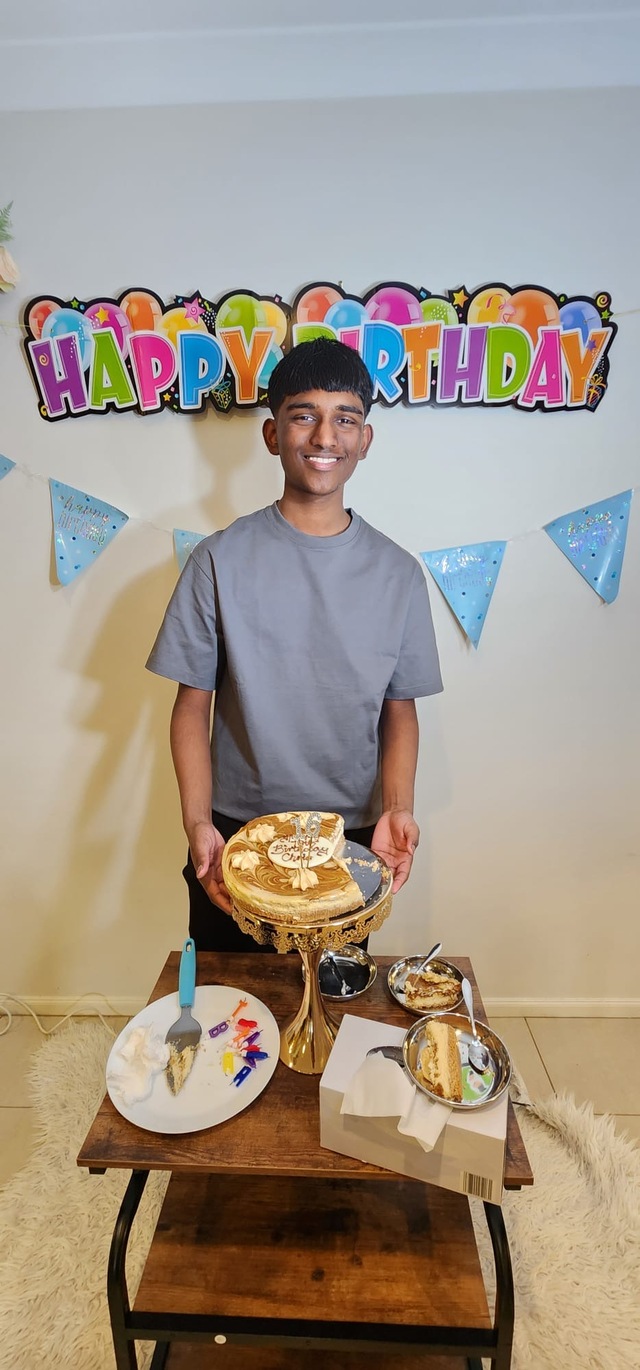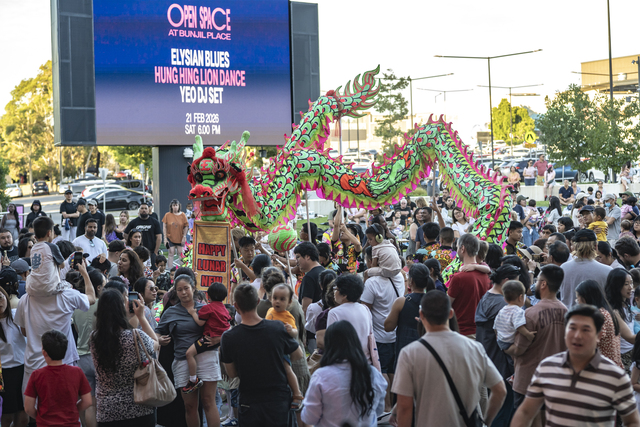Retirement used to be a time for putting your feet up but Melissa Cunningham finds an increasing number of seniors are staying young with the activities they aspired to in their youth.
THE roar of engines can be heard from miles away as the bikes cruise down the hills. Amid the smoke and bustle the riders search for a friendly face and somewhere to park.
Every Saturday for almost a decade, 69-year-old Chris Wood has ridden her motorbike from Lilydale to Kilsyth to meet the folk who make up the Yarra Ranges Ulysses Motorbike Club.
There are more than 500 members across the Yarra Valley in this branch alone. The only prerequisite of the nationwide organisation is that you are over 40 and have an interest in riding motorcycles.
It’s not simply the motorbike club’s motto of ‘growing old disgracefully’ that keeps this leather-clad grandmother young. During her first trip away with the club 17 years ago she was swept off her feet by the love of her life, Gary Wood.
“I was convinced by my friend Pat to go away on a trip to Tocumwal with the Melbourne Ulysses Motorbike Club,” she chuckles. “When we got there she said to me, ‘Do I have a honey for you’ and I said, ‘No way’.
“I thought they were all too old — but there was Gary. I sat opposite to him while we ate our barbecue that night.’’
Wearing his sheepskin flying boots and dancing at the club’s rock ’n’ roll themed night Mr Wood, 65, and the future Mrs Wood had their first dance.
“Being a part of the Ulysses makes us feel young again,” Mr Wood says. “Chris and I started the Yarra Ranges branch in 2003 with another six members. It’s not just about having a ride — it’s having a social chat and coffee with other people about the same age as you, who enjoy the same things as you. We have members who are in their 40s all the way up to their 80s.”
Glen Waverley University of the Third Age secretary Pam Murphy says an increasing number of people from the outer east are filling their days of retirement with the activities they aspired to during their working years.
This year more than 500 people have signed up for U3A classes in anything from science and mathematics to literature and French.
“People going into retirement don’t want to vegetate,” she says. “They are seeking new company and wanting to learn about modern technology before they get too old. Our computer classes are always booked out and full of oldies wanting to learn about the internet.’’
Members also keep active with group physical exercise classes.
“It keeps members young, their minds fresh and gives them an outlet that encourages them to be a part of the community.’’
Sixteen years after they met Mr Wood proposed to Mrs Wood on the club’s annual trip to Tocumwal.
“The thing about the Ulysses is that it’s like a big family,” Mr Wood says. “As soon as other members see the Ulysses symbol on your motorbike and you’re in trouble on the side of the road they will stop straightaway and help you.’’
These days Mrs Wood usually enjoys the ride from the back of the motorbike.
Every week members take scenic rides through Kinglake, Powelltown, Eildon and Yea and other towns.
Mr Wood, a funeral director by day, says his affection for motorbikes even inspired him to create a trailer designed to carry coffins to ceremonies on the back of his motorbike.
‘‘Riding has been a way of life for our family,’’ he says. ‘‘That’s our outlet — I think everybody needs some kind of outlet in their life no matter what their age.’’
Like the Woods, Spartans Club runner Neville Gardner is thriving in his older years.
The 68-year-old Croydon resident has run 50 marathons and shows no sign of slowing down.
‘‘I think it’s the adrenalin rush that makes me want to run,’’ he says.
Mr Gardner has been an umpire for the Southern Football League for more than 40 years and competed in every Melbourne Marathon since the event began in 1978.
In 1987, he was selected to join the Spartans Club, a group established for runners who had competed in 10 or more Melbourne marathons.
‘‘The Spartans is just a trade-off of everyone’s experiences,’’ he says. ‘‘We all have a lot in common and share training techniques and it’s a social way to meet people with the same interests as you.’’
Not even a hip replacement last May could stop him competing in the Melbourne Marathon last October.
‘‘After my surgery I started off doing laps around the backyard with two crutches. Gradually, I worked my way down to one. Then finally, I was walking with none, and that’s when I started jogging back on the street.’’
Professor Peteris Darzins, director of geriatric medicine with Eastern Health, says a lot of changes often associated with ageing can be attributed to the winding down of activity.
‘‘A lot of changes we associate with ageing are actually not physiological changes due to ageing but more so attributed to sloth and inactivity that causes the muscles to lose strength,’’ he says.
‘‘Fit and active elderly people who are still running marathons could be deemed freaks mathematically because statistically they are the minority, but biologically they aren’t.
‘‘They have simply maintained the muscle and physical abilities they had at a young age.’’
Professor Darzins says maintaining brain function and avoiding cardiovascular risk factors is the key.
‘‘Being a part of the community socially is also just as important to the elderly as to the young. If you look after your health physically, mentally and nutritionally, you can lead a rich and full life regardless of age.’’
After being given the all-clear by his surgeon, Mr Gardner began a rigorous training regime, walking and running three times a week, and he finished the marathon in six hours and 12 minutes — four hours short of his personal best.
In his prime, Mr Gardner would train five times a week — in the morning, at night and during his lunch break at work. Back in those days he would run the Melbourne Marathon and, less than five weeks later, the South Melbourne Marathon.
‘‘I’m an accountant by trade, so working in an office and sitting at a desk all day has helped me to have my downtime in between my training.’’
Now he deems one marathon a year is enough.
‘‘My family tell me to slow down and that I’m too old for that,’’ he chuckles.
‘‘But I say, ‘I’ll make the call when I decide I’m too old to do it any more’. I’ve always said any exercise is good and for now I’m going to keep doing what I can within my limits.’’

